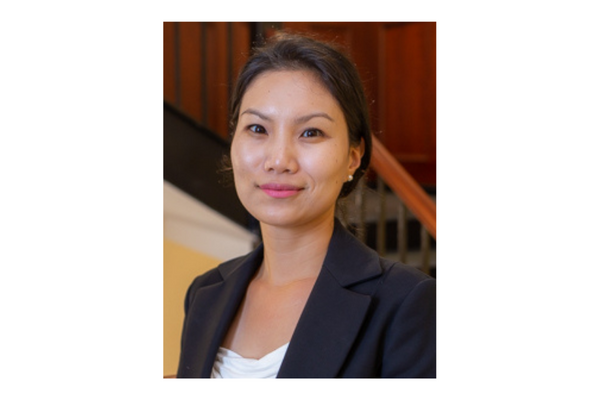
The Institute for Korean Studies and Mershon Center for International Security Studies present:
"Privacy for Modern Housing: Transnational Anti-Communism and Postwar Reconstruction in Cold War South Korea"
Na Sil Heo
University of South Carolina
Abstract: After the Korean War (1950–53), Korean architects (re)negotiated their understanding of good, modern housing befitting the Cold War milieu. Among many, privacy (p’ŭraibo ̆shi) became a central architectural concern in South Korea, reflecting Korea’s deep engagement with liberal values that were claimed to be lacking in socialist countries. In this talk, I argue that the discussion of conjugal sex in architectural texts, newspapers, and magazines was linked to Cold War visions of privacy, which was construed to be distinct to liberal, capitalist societies (noncommunist societies). Privacy was a project of articulating a qualitative difference from the collective and communal housing that was understood to be characteristic of communism in North Korea. In this way, housing became a site of transnational anti-communism, as architects and aspiring homeowners invested much energy in the ideological and material construction of privacy as a salient feature of modern housing in South Korea. Download the PDF flyer here.
Dr. Na Sil Heo is an Assistant Professor of East Asian History. Her research interests include studies of childhood, the cultural Cold War, race, and gender and sexuality. She is currently completing a book manuscript that examines how childhood was a crucial site of postwar reconstruction and transnational anti-communism in 1950s-1960s South Korea. Reading sources ranging from home floor plans and children’s literature to infant formula advertisements, her work reveals how Cold War liberalism manifested in various sites of childhood in postwar Korea. Her research has been supported by multiple grants and fellowships, including the Postdoctoral Associates Program in the Council on East Asian Studies at Yale University and the Andrew W. Mellon Postdoctoral Fellowship in the Humanities at the University of Pennsylvania.
